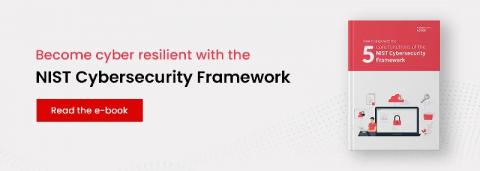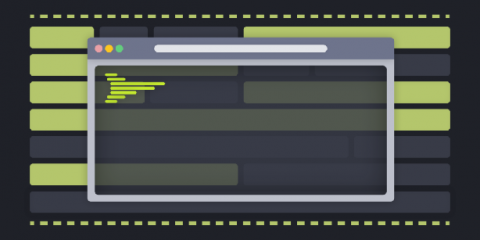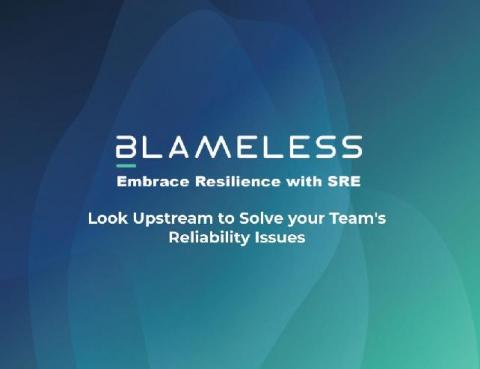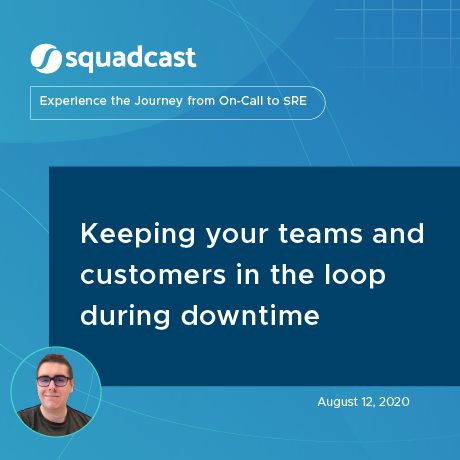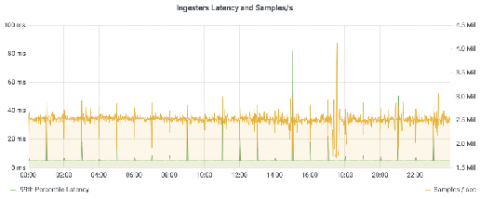End-to-End Java Observability in 5 Simple Steps
Java is one of the most popular, flexible and useful programming languages with a very vibrant community to support it. Many of our customers use Java to create amazing applications, it’s an application on a single VM, or based on microservices running on Kubernetes. Naturally, we made it simple to understand the performance of Java-based applications using SignalFx Microservices APM.




